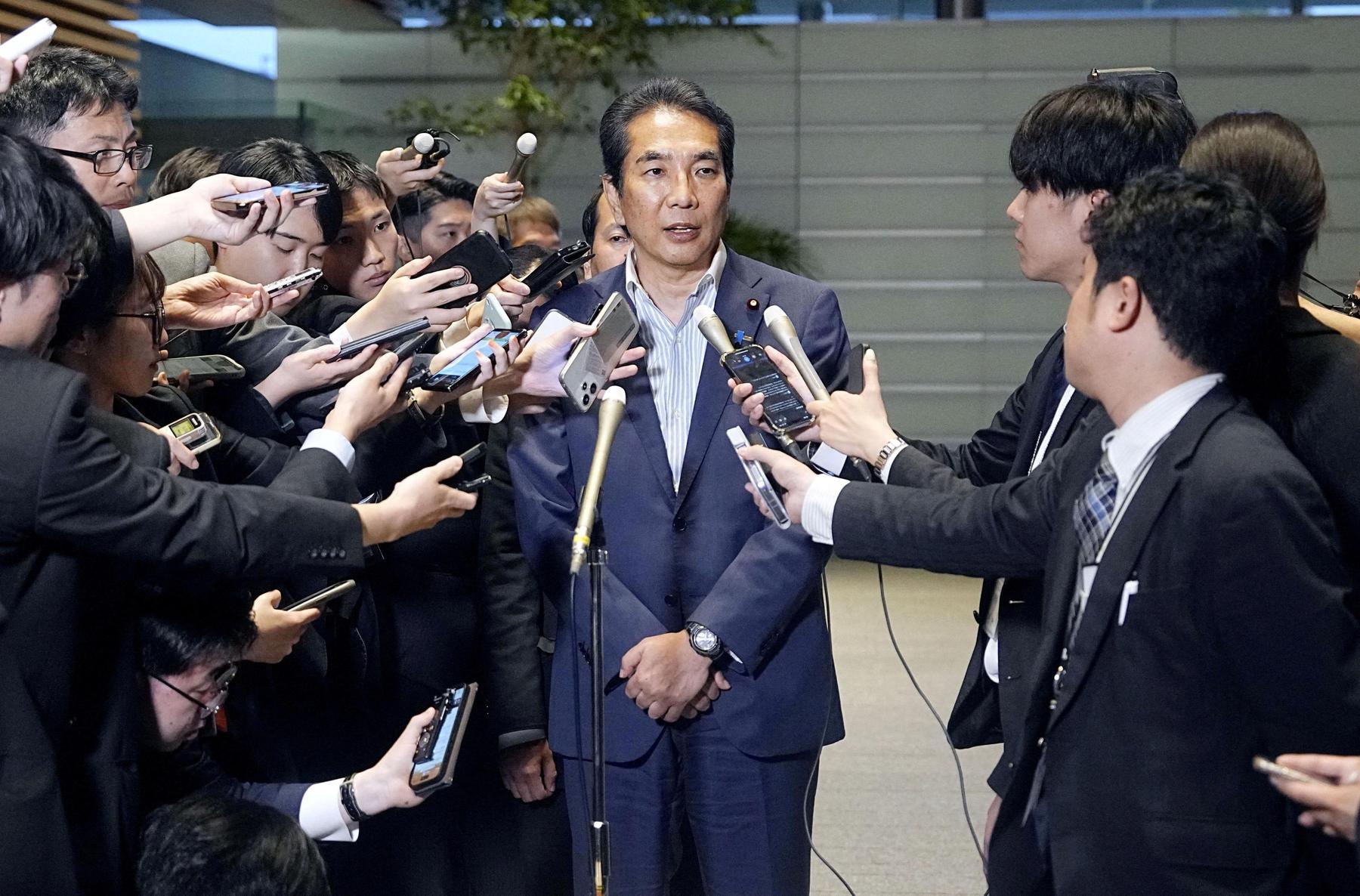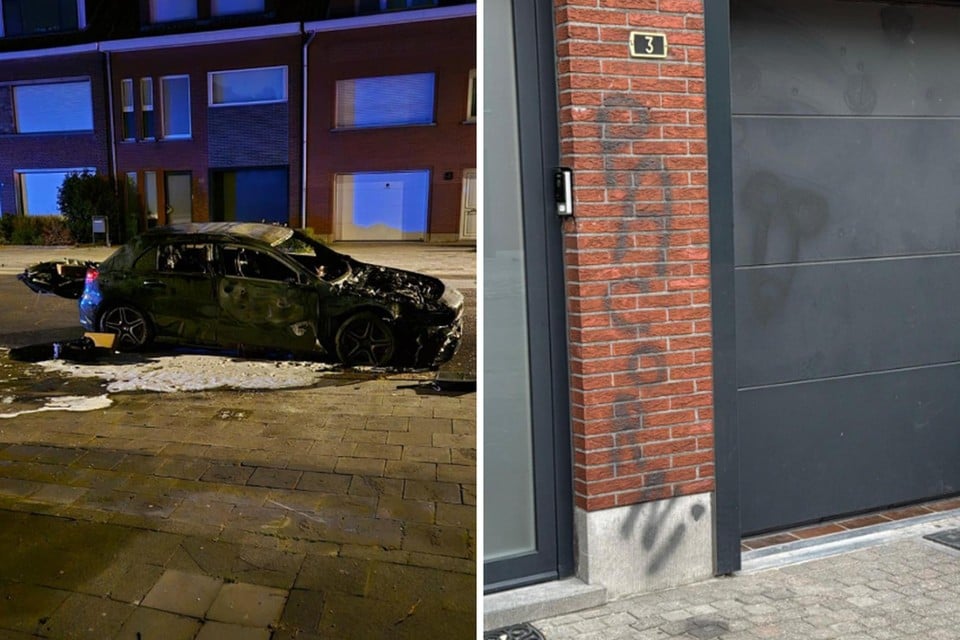Mother tongue teaching for adults: « The language is missing in me »

– I felt that something within me needed to be repaired.
Mariam Bouaanani walks through the Southern House at Stockholm University and points out the classroom where she has her lessons in Arabic. It is her third semester, and right now she learns to read Arabic literature. She was born and raised in Morocco, but instead of Arabic she learned French in school.
– Being able to French as good as I can, much better than Arabic, it feels wrong. It is not our language. It is the language of colonialism. Now it feels like I’m correcting something that was wrong when I was little, says Mariam Bouaanani.
She is 40 years old, and It is the first time in her life that she is plugging Arabic. She is already fluent in Swedish, English, French and Spanish. Mariam Bouaanani has always been able to speak Arabic – but only the Moroccan dialect, which differs greatly from the other Arab dialects. Think type Swedish and Danish.
– Arabic is not just a language, for me it is a connection to who I am as a person. Morocco is an Arab country, and I am proud to be the Moroccan, ie to have Arabic background. It is a belonging to know Arabic, she says.
– It is said that a language that is not spoken by more than one million people will die out within a hundred years, says Mikael Jene.
The small classroom has colorful drawings and painted letters on the walls. The students take turns reading aloud while teacher Amanuel Hanno writes difficult words on the board and explains the meaning.

Mikael Jene sees it as His duty to learn Aramaic, or Syrian as it is also called. He is Syrian with parents from Syria, and he grew up in Sweden with a mother and father who spoke mainly Arabic, even though the mother was a mother tongue teacher in Aramaic.
– Dad grew up in an Arabic -speaking household, so our common language in the family became Arabic. It was among the friends that I learned Syrianska, says Mikael Jene.
As a kid, he picked up words here and there, for example when he heard his mother talk to the aunt. Among the friends, the most Syrian and Mikael spoke from just understanding a few words, to understanding everything.
– It was during high school that it really loosened and I could start making myself understood. When I first met my wife for the first time, she even thought I grew up talking Syrian at home.

But for both Mikael And his wife Filiz Jene was missing anything. None of them could write or read Aramaic. So when St: Afrem’s church in Södertälje recently started a language course in Syrians for adults, they registered immediately.
– There has always been an interest in me to learn my mother tongue, partly to be more involved in the worship services that happen in Syrianska, and partly because there has always been a void in me that I have felt that I need to fill. I am reminded of it every time I see the letters: it’s a puzzle piece missing from me, says Mikael Jene.
At home he and his wife speak Syrian, but it is not always easy. It is an old language, all words do not exist and for Mikael Jene who was born and raised in Sweden, the Swede is what is closest at hand.

– I cannot express my innermost thoughts and feelings in Aramaic that I can in Swedish. But I get really disappointed when I notice that now I only speak Swedish. Swedish gets the children in school, but it is up to us as parents to convey our language, says Mikael Jene.
– It is extra important to me because I want the language to be preserved. I want it to live on in my children and their future children, that it will be a legacy that does not die out.
The feeling of being able to read He describes the first words in Syrians as a very cool experience.
– It’s really a treasure. Each language is also its own universe, you get to take part in a whole new world. It would be a dream to be able to master my native language not only in speech but also in writing, says Mikael Jene.

– Without my grandmother, I would never have been able to Arab fluent. After home language teaching, I went home to her and she helped me understand. I would never have been able to read and write without her, says Maria Kassir.
She sits in the school bench In front of Mikael Jene and they discuss what may be the most beautiful sentence in Syrian. Like Mikael, she grew up in an Arabic -speaking household.
– My parents were raised in Iraq, and there they were not learned Syrian. I have always felt that something has been missing, Syrianska is the language of my ancestors. I wanted to learn it as a kid, and have long been looking for courses. That’s why I was very happy when I found this, says Maria Kassir.
According to the Syrian National Association, the interest in learning Syrianska has increased – and more and more churches have begun to invest in courses for adults. In the past, there have been most courses for children.

– I think of the next generations, unless we learn the language they will never be able to learn and then it will not remain in the end. Then I will also be happy when I think I will be able to know Jesus.
After the lessons show Maria Kassir what she has learned for her parents. She is proud, she has already memorized the alphabet after a few weeks and can read simpler texts.
– I showed the letters to my mom and how to write and she understood immediately, because it is similar to Arabic.
– Arabic is such a rich language, the way you express yourself is unique. There is nothing that can be caught in Swedish or English, says William Saliba.

He plugs Arabic at Stockholm University, and really was the plan to just read one semester.
– I’ve always wanted to become a teacher, but the program I wanted to go would start at the spring term, so I decided to plug Arabic a semester after the student, says William Saliba.
Now he has started teacher training, but also on semester two in Arabic. So he studies at 200 percent.
– Arabic is my native language, and now that I know it so much better, I don’t feel as limited as I did before. And I really love the Arabic language, says William Saliba.

The debate on mother tongue teaching Being or non -being has been going on for many years. Using their mother tongue in everyday life – through conversations, fairy tales and reading – promotes children’s development in both the mother tongue and Swedish. It shows a dissertation from Uppsala University, Where linguist Rima Haddad has studied a hundred bilingual children in Sweden and as many in Lebanon. The study confirms other studies showing that an active home language strengthens the children’s general language ability.
Maria Bouaanani may be a living proof of this:
– When I was learning Swedish it was something completely new to me, but it went very fast. My teachers were impressed, and they told me that the reason it was so easy for me was that I already knew so many languages, and they saw that it was an advantage, she says.









